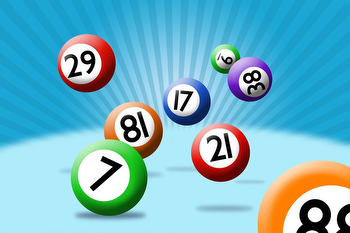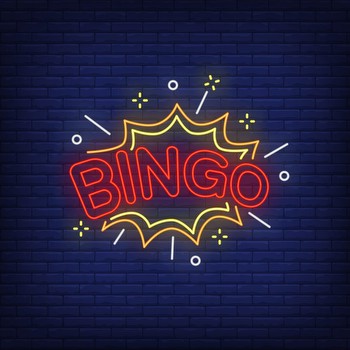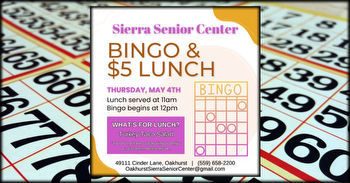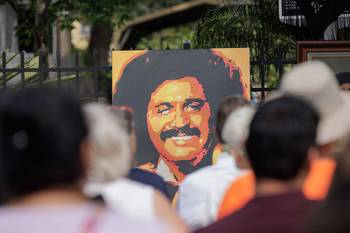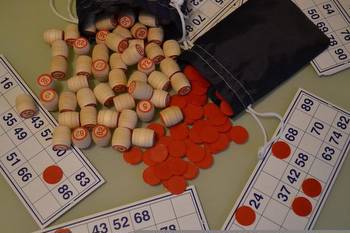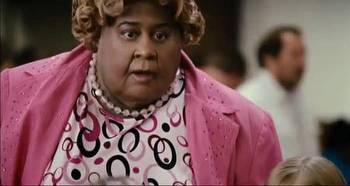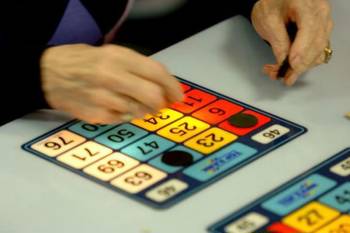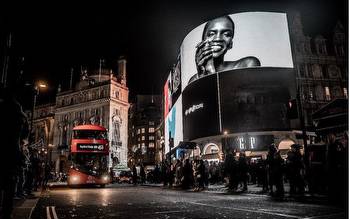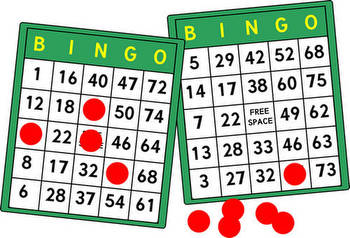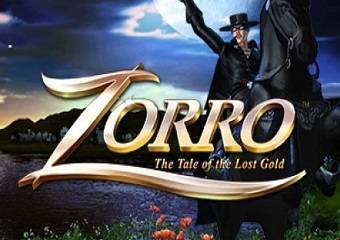How Online Bingo Became Such a Hit in the UK

It’s also a story of rising convenience – and growing popularity. Whether you enjoy your games at a leading site like winkbingo or your local bingo hall, more of us are playing than ever before.
The history of UK bingo
The simple game of marking off numbers on a cards has a long tradition that spans several centuries. Bingo’s journey to the UK involved various adaptations and transformations before becoming the popular game it is today.
Bingo’s roots in the UK can be traced back to various early forms of lottery and gambling games that were popular in both the 18th and 19th centuries. These games often involved drawing numbers and players marking their cards to match the drawn numbers, much like today’s bingo.
The game underwent several adaptations and name changes in the UK before it became known as bingo. For a while it was sometimes referred to as Housey-Housey or just Housie.
These early variations were often played at fairs, carnivals, and social gatherings across Great Britain. These were regular large events where many cultural traditions were established and passed on.
In the early 20th century, the game of bingo started to gain established popularity in the UK.
Legal regulation in the UK
It faced scrutiny due to concerns about gambling. The Betting and Gaming Act of 1960 finally brought about regulation, making bingo a legal and regulated form of gambling.
This legislation led to the establishment of dedicated bingo halls – a major part of the appeal of bingo around the middle of the century.
Bingo halls became a significant part of British culture. These venues offered a social experience along with the game.
They were often in major urban locations and they were frequented by people of all ages. The 1960s and 1970s saw a boom in bingo halls, with hundreds of bingo venues opening across the country.
Some were new developments – others were conversions of redundant buildings, often cinemas.
In 1986, the National Bingo Game was introduced in the UK.
This nationwide bingo game was linked and co-ordinated to allow players from different bingo halls to compete for much larger prizes. It added an extra layer of excitement to the game and helped maintain its popularity.
The arrival on online bingo
With the advent of the internet, online bingo became popular in the UK in the late 1990s and early 2000s. This allowed people to play from the comfort of their homes, and it contributed to the continued popularity of bingo in the digital age.
Experts doubted that bingo would translate into the digital world but they were wrong. Changing it into an online format turned out to be relatively straightforward.
It was all due to the inherent simplicity of the game’s rules and mechanics.
The most fundamental aspect of bingo is the bingo card. In the physical version, players are given cards with a grid of numbers that they mark as the numbers are called.
In the online format, this was easily replicated by creating digital bingo cards that players can mark with a simple click or tap.
In traditional bingo, numbers are drawn randomly from a container. In the online version, random number generation algorithms could be used to simulate this.
Random number generators ensure that each number has an equal chance of being called.
Online bingo platforms often include features that automatically mark numbers on players’ cards and verify winning patterns. This eliminates the need for players to manually mark their cards.
UK online bingo
British players love the fact that many online bingo platforms include a chat function. This allows players to interact with each other – just as they would in a physical bingo hall.
This social element is an important aspect of the UK game and was seamlessly integrated into the online version.
British players have also been attracted to the larger and more diverse prizes online bingo can offer, including progressive jackpots. These prizes can be funded by a small portion of each ticket sale, creating additional excitement for players as it grows.
Online bingo made the game accessible to everyone across Britain: old, young, travelling or infirm. Players could participate from the comfort of their homes, eliminating the need to travel to bingo halls.
Online bingo operators needed to adhere to relevant licensing and regulatory requirements, similar to traditional bingo halls. This ensured that the online game was fair, secure, and compliant with legal standards.
The UK’s transition from physical to online bingo was smooth and successful because the core elements of the game were so easily adaptable.
Online bingo’s convenience, social features, and versatility have all contributed to its popularity across Great Britain.








